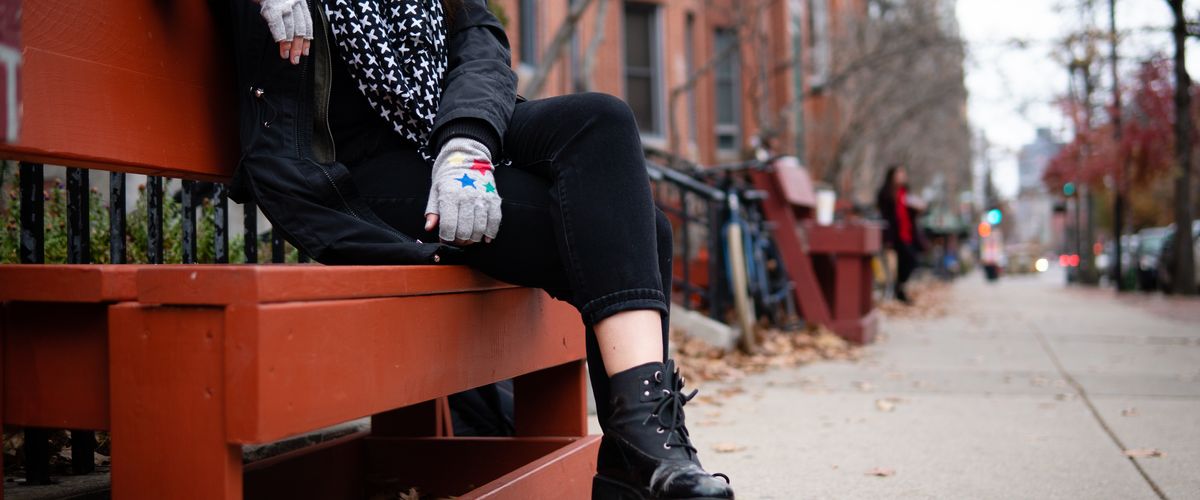Recovery
Whether you’re in long-term recovery or new in your recovery journey, BU has many resources to support you.
BU Recovery Community
The BU Recovery Community (BURC) is a welcoming community for BU students in recovery from substance use. BURC is here for you, whether you’re in long-term recovery or are new in your recovery journey. BURC embraces all pathways of recovery.
Learn about BU’s Recovery Community
BU Recovery Meetings
Weekly BU recovery meetings are open to BU students who are in or seeking recovery from substance use. Led by a BU student in recovery, BU recovery meetings aim to offer support, connection, and community to BU students navigating their recovery. All pathways of recovery are embraced.
Find out about BU Recovery Meetings
Recovery Resources
There are many ways to find support in recovery. Every person’s recovery journey is unique and may include any number of recovery and other resources. You can explore more recovery meetings, recovery communities, mental health supports, and other resources in the BU and Boston communities here.
For Allies and Families
Support from allies and family members plays a crucial role in students’ recovery. Whether you’re a friend, family member, or part of the BU community, understanding how to support someone in recovery can make a meaningful difference. Learn more about how you can offer direct support to a loved one and how to help create a more recovery-friendly BU community.
